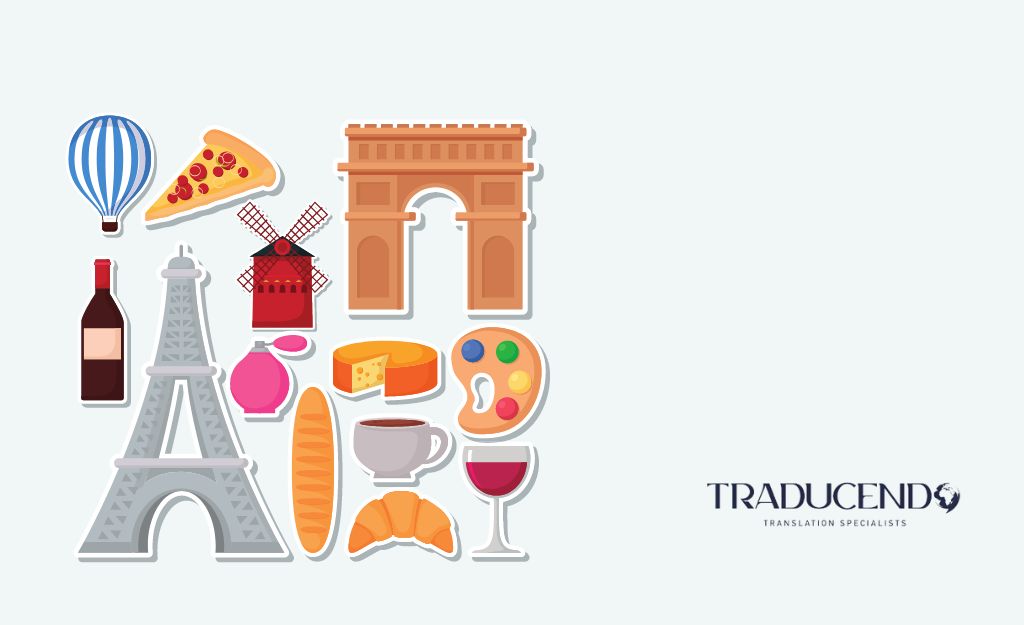This website uses cookies so that we can provide you with the best user experience possible. Cookie information is stored in your browser and performs functions such as recognising you when you return to our website and helping our team to understand which sections of the website you find most interesting and useful.
The importance of translating culture and food tourism content into different languages

The last few years have seen a significant rise in the popularity of cultural and food tourism, with travellers from across the globe looking for rewarding experiences that are a little further off the beaten track.
Translating content related to cultural and food tourism has become key to attracting and connecting with a diverse global audience.
In this article, we’ll explain why it’s so important that this content is translated into different languages and how translation can benefit the tourism industry.
Access to a global audience
One of the major benefits of translating content related to cultural and food tourism is the ability to reach a global audience.
Tourists come from all over the world and each culture has its own preferences and expectations.
By providing information in a range of languages, tourist destinations can extend their reach and communicate information about local attractions to a wider audience.
Personalised experiences
Translation enables companies to adapt their information to suit the specific cultural and linguistic preferences of each group of visitors.
Travellers like to feel understood and welcome in their own language. It not only makes planning their trip easier but also helps to create a more personalised and memorable experience.
Promotion of cultural diversity
Each region has its own cultural and culinary delights. When tourism content is translated, it promotes respect and appreciation for cultural diversity.
Visitors can learn about the traditions, history, and gastronomy of a place in an authentic way, which helps to build greater understanding and respect between cultures.
Better search visibility
Translation also plays a crucial role in search engine optimisation. Companies with websites in different languages are more likely to increase their visibility in search results generated by engines like Google, thereby attracting more visitors who are interested (in this case) in cultural and culinary experiences.
Increased competitiveness in the global market
In our increasingly connected world, competition in the tourism industry is fierce.
Translating content doesn’t just open up new markets, it also improves the competitive position of a company, business or institution.
Travellers have more options than ever before, and the ability of companies to communicate effectively in different languages could make all the difference when tourists are choosing their destination.
For all these reasons, it’s vital that companies and institutions work with professionals who specialise in translating content relating to culture and food, like those at Traducendo.
In doing so, they can connect with a diverse audience, provide personalised experiences, promote cultural diversity, improve their visibility, and increase their competitiveness on the global market.
Translation isn’t just about breaking down linguistic barriers, it’s about building bridges that connect people from different cultures and regions around the world.
For tourist destinations and culinary hot spots, investing in translation isn’t just a smart strategy, it’s an absolute necessity in the current global cultural and food tourism landscape. So, what are you waiting for? Get in touch and put yourself in the hands of professionals who can provide expert advice and translate your cultural and culinary experiences into a range of languages.

